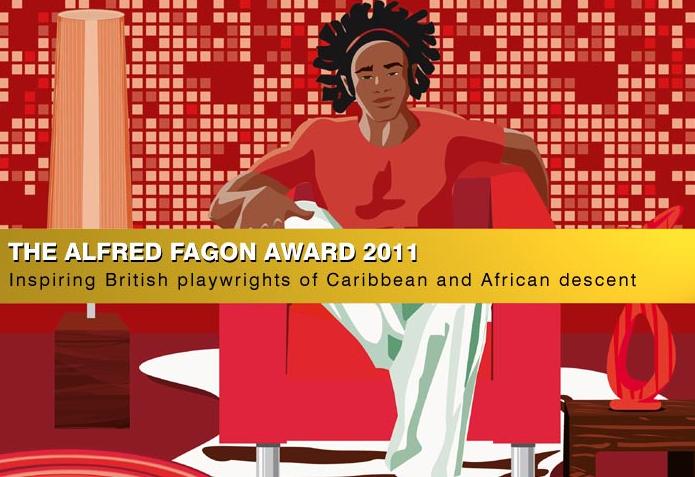My Mind Words Paper [Search results for play]
The Ruby Prize for a Woman of Color Playwright 2011/ 2012 (USA)
The £5000 Alfred Fagon Award for British Playwrights of African Descent
BBC World's £2000 International Radio Playwriting Competition (worldwide)
New Voices Playwriting Competition (plays with focus on African-American culure and history)
Play Reading 8 at the Korean Cultural Centre on September 22nd (Nigeria)
Play Reading Party 7 with Isaac Attah Ogezi at the Korean Cultural Centre (Nigeria)
Call for Poetry/ Short Stories/ Plays: "ANA at 30" Anthologies (Association of Nigerian Authors)
No Application Fee: The Royal Court Playwriting Residency Programme (worldwide)
The Kentucky Women Writers Playwriting Prize ($500 prize and production | worldwide)
Essay Competition on the African Court on Human and Peoples’ Rights (Africa-wide)
Call for Essays for Edited Book - Deconstructing Dolls: The Many Meanings of Girls’ Toys & Play (Peter Lang Press | worldwide)
Call for Papers and Workshops on Drama/ Theatre Research and Practices: DFL Africa Research Conference (South Africa/ Africa-wide)
Call for Applications: Journalist Visit to the 19th African Union Summit
Call for submissions: children's poetry e-book anthology on sports
Play Reading Party 6 - Wole Soyinka at 77: Living Legend of Literature (Nigeria)
RISSEA Intensive Swahili Language and Literature Studies at the National Museum of Kenya
Call for Applications: FEMRITE Creative Writing Workshops (Uganda)
Peter Drucker Challenge Essay Contest 2012 (worldwide)
Call for Papers - Europe With or Without Muslims: Narratives of Europe
Call for Papers: The Role of the African-American Body in Twentieth-Century American Drama (NeMLA Conference, NY)
